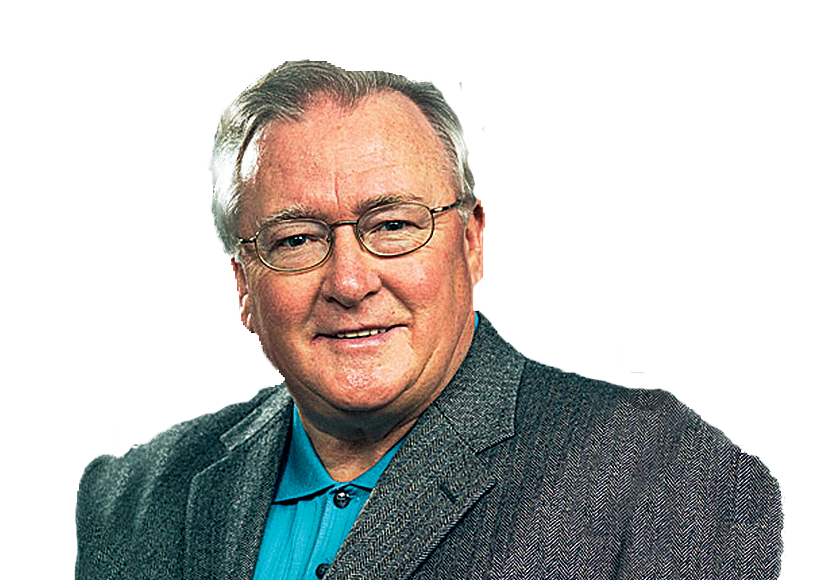Catch the wave

Nothing remains static as the funeral profession finds innovative new products and services aimed at meeting contemporary needs created by change and a different breed of client.
For ‘at-need’ services, many consumers have moved away from ‘traditional’ towards ‘personalised’ rituals and meaningful celebrations of life, whether religious, civil or humanist.
If these changes have made funerals more personal, more active, and offered positive benefits to people in reconciling their loss, it is a good change.
Think of the enormous advances in the area of pre-need. It is hard to believe that, for many years, most funeral directors felt their profession shouldn’t be involved. We’ve come a long way, and today most people in the profession realise how helpful funeral pre-planning is to family members, as well, of course, as being of benefit to their own future business.
It has long been my opinion that the next wave will be a demand for aftercare. Some funeral directors have already caught the wave and seen the benefits.
Helen Wathall of Derby embraced the Grief Journey programme, and her Bereavement Services Coordinator Angela Thompson has introduced programmes and facilitated community support groups, not only for their clients, but for the entire community. As a result, this year, G Wathall & Son won the Derby Telegraph Business Award for ‘Contributing to the Community’. The PR and goodwill that such initiatives generate is priceless.
It is my belief that local funeral directors themselves hold the key to offering practical and economical support in their own communities. Any effective aftercare programme must contain at least three elements:
1. Compassion
In my work, three main questions emerge from people when offered support. First: “Do you have any idea what I am going through?”
This question expresses the need for identification. “Can you begin to understand what I am experiencing?” Not just sympathy, but empathy, ‘the ability to identify with and understand somebody else’s feelings or difficulties’. Sympathy says “I understand”. Empathy lets the recipient respond “I know you understand”.
2. Communication
The second question for a grieving person: “I don’t understand… what is happening to me?”
This question expresses the need for information; people must know it before they can feel it. How many times do people respond “I’m fine” when we all know their heart is breaking? It is because they have not understood what grief is, and are afraid opening Pandora’s box will destroy them.
Our compassion must be combined with the ability to communicate. Not everyone wants to attend a group or talk to a counsellor. Not everyone wants to go online or even read a book.
Communicating with bereaved people must involve varied methods and means. Some more effective means include books, newsletters and sympathy cards. Many people still like the tactile feel of something they can hold in their hands. But, of course, websites and videos also provide great information, especially when combined with stories with which the bereaved person can identify.
3. Commitment
The third question for a grieving person: “Why do I feel like I am so alone in this experience?”
This expresses the need for encouragement. Not just in receiving a book or in a phone call, or even a visit, but ongoing. And, yes I get it; the funeral director hasn’t the time.
That is why an aftercare programme embracing many elements of support – psychological, educational, social – through varied resources to suit every situation is essential. Support is not for a month, three months or even a year; support is there when people need it. Birthdays, anniversaries, Christmas, Sundays, evenings – every time grief overwhelms.
It may be reading a book, watching a video on a website or attending a local support group. It may be calling a friend or someone they met in that community group. People know what they need, and how and when they want it delivered. The more varied our programmes, the more likely we will succeed.
Support takes as long as it takes, which is always longer than people who haven’t been through it seem to think. There are already signs that the next big thing in funerals will be support of the bereaved. So catch the wave – or you might miss the boat.
Tags: aftercare, at-need, Bill Webster, counselling, Dr Bill, grief, Grief Journey, pre-need, UK